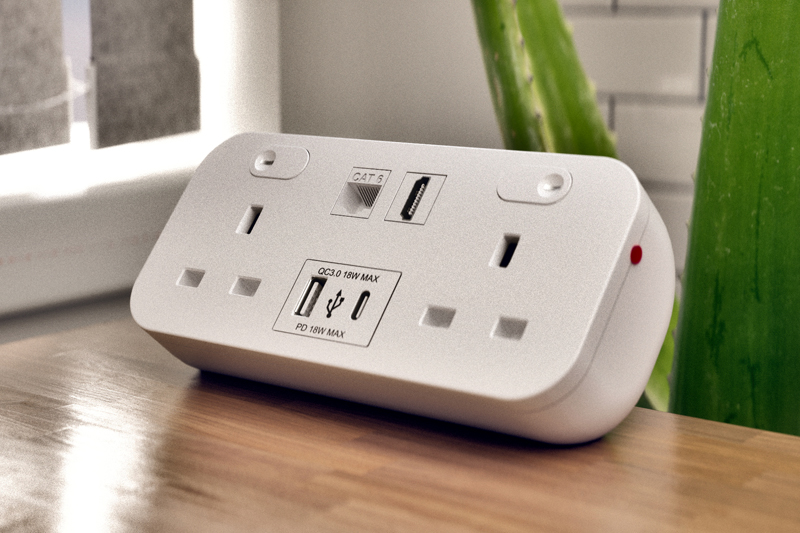Paul Hetherington, CEO at Marshall-Tufflex, stresses the responsibility manufacturers have to move towards using more recycled materials.
According to a landmark report by the UN Intergovernmental Panel on Climate Change (IPCC) released in October 2018, urgent changes are needed to limit climate change catastrophe, and there are only 12 years to do so. As such, landfills have now come under the spotlight in a bid to clean up the environment, as they release toxins, leachate and greenhouse gases.
Recent figures indicate that the construction industry uses around 420 million tonnes of materials each year. From these materials, around 120 million tonnes are wasted – almost 60% of the national total.
As such, the construction industry has a huge role to play in preventing climate catastrophe over the next decade, and this conversation should be had throughout the entire supply chain. Informed decisions should be made when producing, buying and installing materials and products – and at the end of their useful life.
This doesn’t just include selecting green solutions for energy (heat pumps, solar panels, etc.) or selecting sustainable roofing and structure materials – though of course this is important! The smaller details should also not be overlooked, and this includes cable management.
Plastic – the anti-hero
Plastic has been thrust into the spotlight in recent years, largely in part due to the final episode of Blue Planet II, which aired in December 2017. Plastic waste degrades at an extremely slow rate, and often makes its way to the ocean – in fact, over 80% of marine pollution comes from land-based activities.
Whilst vilifying plastic is understandable, the fact is that plastic is still here and in many applications, is the best option available. However, using plastic responsibly is extremely achievable, and using recycled plastic to create new products minimises the environmental impact and prevents it from ending up in landfill or the ocean.

Unlike a virgin
Manchester University undertook a study into carbon, so that companies could estimate the ‘cradle to grave’ carbon footprint of its products. This study showed that recycled PVC offers a 20-fold reduction in greenhouse gas emissions compared to a virgin product.
In addition, recycling product saves it from the fate of the landfill and from polluting the environment. We’ve therefore made a conscious decision to use more recycled content within our manufacturing process and our products have been produced using 80% recycled material in the last year. This means we are saving the equivalent in weight of 300 double decker buses worth of PVC-U from reaching landfill each year.
If more manufacturers took the stance of using at least 50% recycled material in products it would make a terrific impact to the environmental performance of the cable management sector, and contribute hugely to a circular economy.
Overcoming objections
There are common concerns from across the cable management industry about the suitability and durability of using recycled PVC-U material in manufacturing, including strength and surface finish.
However, these can easily be addressed by forward-thinking manufacturers who work closely with partners along the chain. For example, our PVC-U products are manufactured from windows, which are either ‘post industrial waste’ (waste windows from window fabricators) or ‘post consumer waste’ (windows that have come out of buildings at the end of their useful life). By using, specifically, material for windows, we end up with a raw material that is more robust and higher quality as they’re designed to withstand external elements.
For any manufacturer, the issue of surface finish can be addressed with a rigorous quality control process to ensure a high quality finish is achieved every time. For any product that doesn’t come out as desired, it’s easy to recycle this back into chips and begin the production cycle again.
Don’t be lead astray
There have been concerns about recycled PVC-U containing lead. However, this will be in extremely small amounts, provided the products are REACH compliant.
The world is currently facing a crucial decade in significantly reducing global warming and preventing irreversible damage. If more of the sector took a stand and made a commitment to manufacturing, specifying and installing only PVC-U cable management solutions with a minimum of 50% recycled plastic, we could really make a difference.





